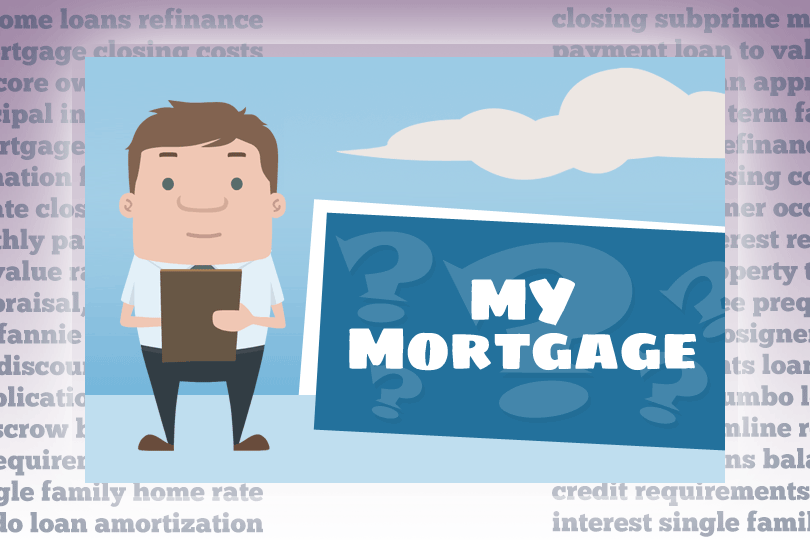Is Waiting to Refinance Your Residential Home a Good Idea?
April 23, 2025
Refinancing without carefully considering your current financial circumstances is never a good idea, but careful planning in the current financial environment is even more important.
One of the primary reasons to hold off on refinancing is when interest rates have risen or haven't decreased much since you obtained your original mortgage.
If current interest rates are worse than your home loan rate, refinancing would likely result in higher monthly payments and an increase in the total interest you pay over the life of the loan.
Consider keeping your current mortgage and waiting for a more favorable interest rate environment. Monitoring economic indicators and mortgage rate trends can help you identify opportunities for refinancing later.
The Cost of Refinancing
Another factor to consider is the cost of the refinancing transaction, especially funding fees and other expenses. Refinancing isn't free; it involves application fees, appraisal fees, title insurance, and closing costs.
If the potential savings from a lower interest rate or more favorable terms are not substantial enough to offset these upfront costs over a reasonable period, refinancing might not be worthwhile. A good rule of thumb is to calculate your "break-even point," which is how long it will take for your monthly savings to recoup the refinancing costs.
If this period is too long, especially if you don't plan to stay in your home for an extended time, waiting might be the smarter choice.
Borrower Needs
What are your financial needs and goals? If you are planning to move soon, refinancing might not be beneficial, as you may not stay in the home long enough to recoup the associated costs.
Taking on a new mortgage obligation might not be advisable if you face uncertainty with your employment or credit.
Another reason to wait is if your current mortgage has a very low interest rate. Even a slight decrease in market rates might not be enough to justify the move. Do you currently have a mortgage with an interest rate below 4%? The potential savings from refinancing to an even lower rate are minimal and could be outweighed by the refinancing fees.
FHA and Non-FHA Loans
Consider also the specifics of your current mortgage. Non-FHA borrowers may have a prepayment penalty on the existing loan, and the cost of refinancing could be higher in these cases. A prepayment penalty is a fee the lender charges if you pay off your mortgage early, including through refinancing.
Before considering refinancing, reviewing your loan documents for a conventional or non-FHA loan is crucial to determine if such a penalty exists and factor the expense into your refinancing calculations.

FHA Loan Articles
April 11, 2021With the trend of falling interest rates since 2019, the number of mortgage refinances around the country has spiked and continues to rise. Borrowers with FHA loans can also capitalize on the low rates, but it may be possible to simplify the process with the FHA Streamline Refinance.
April 3, 2021Borrowers can choose to refinance for several reasons, but it comes down to prioritizing different benefits. One homeowner may want the lowest possible monthly payment, while another might want the shortest possible term for their loan.
March 29, 2021The FHA helps first-time and low-income homebuyers by having lower down payment requirements for its borrowers. Despite this lower credit eligibility criteria set by FHA, it is important to remember that FHA-approved lenders can set their own requirements
March 24, 2021One of the major arguments people have for renting instead of buying is the large upfront cost of a down payment. Depending on the type of loan program you apply and are approved for, this could mean anything between 3.5% and 20% percent of your purchase price.
March 21, 2021The two basic types of home loans are fixed rate and adjustable-rate mortgages. The mortgage market offers many other options to homebuyers, but these two are the most common, and the first pair from which to pick.







